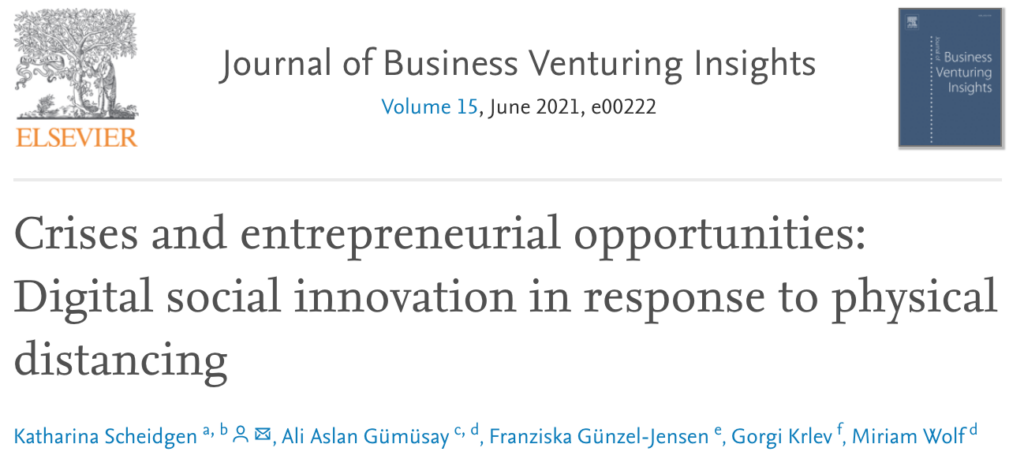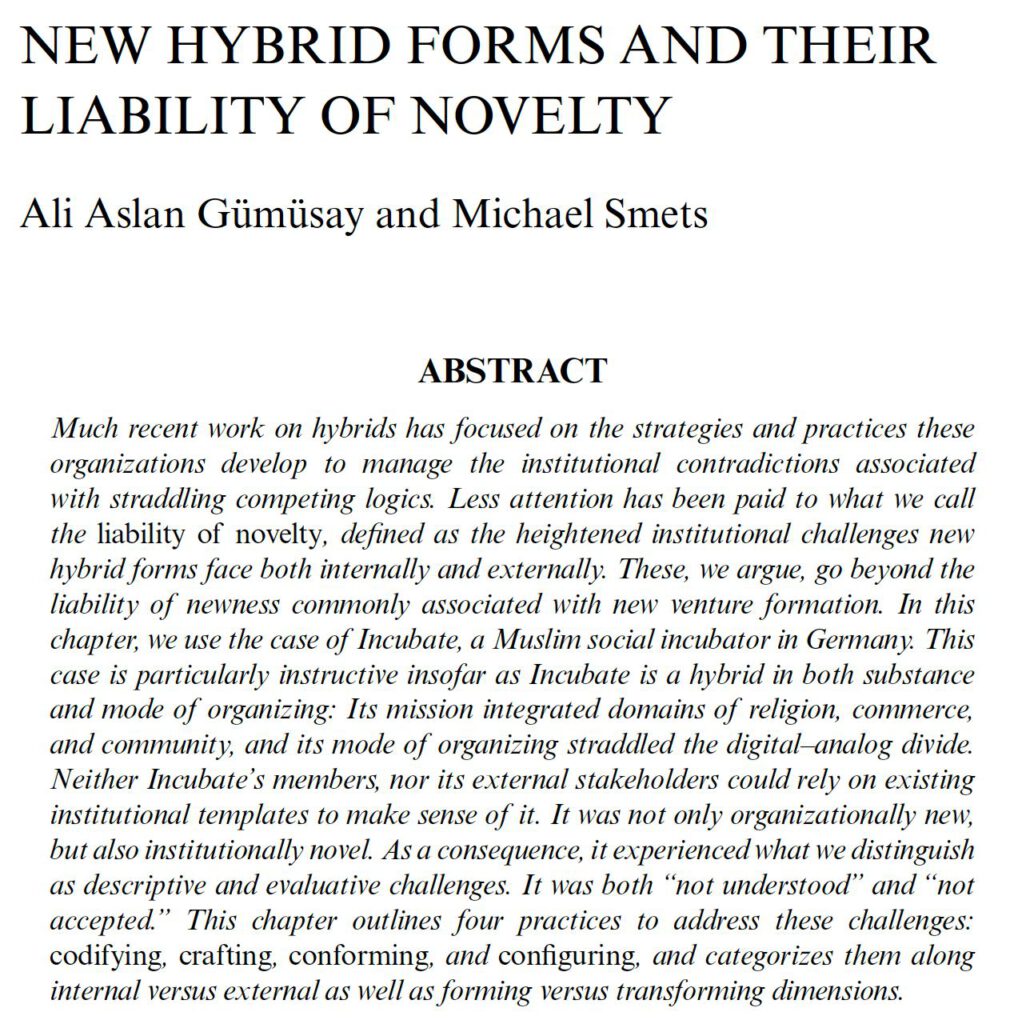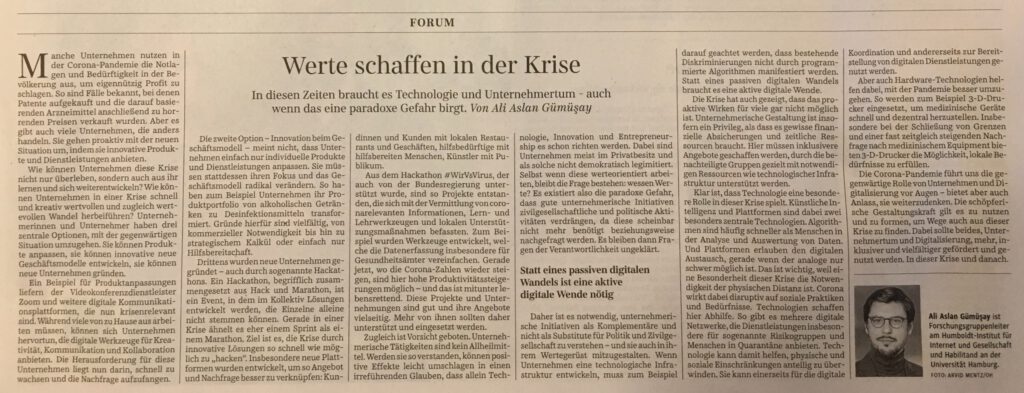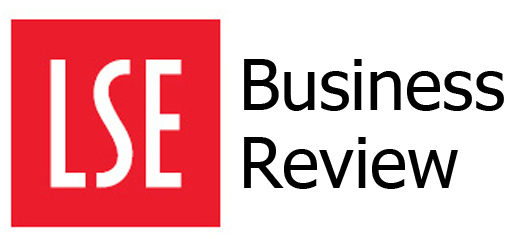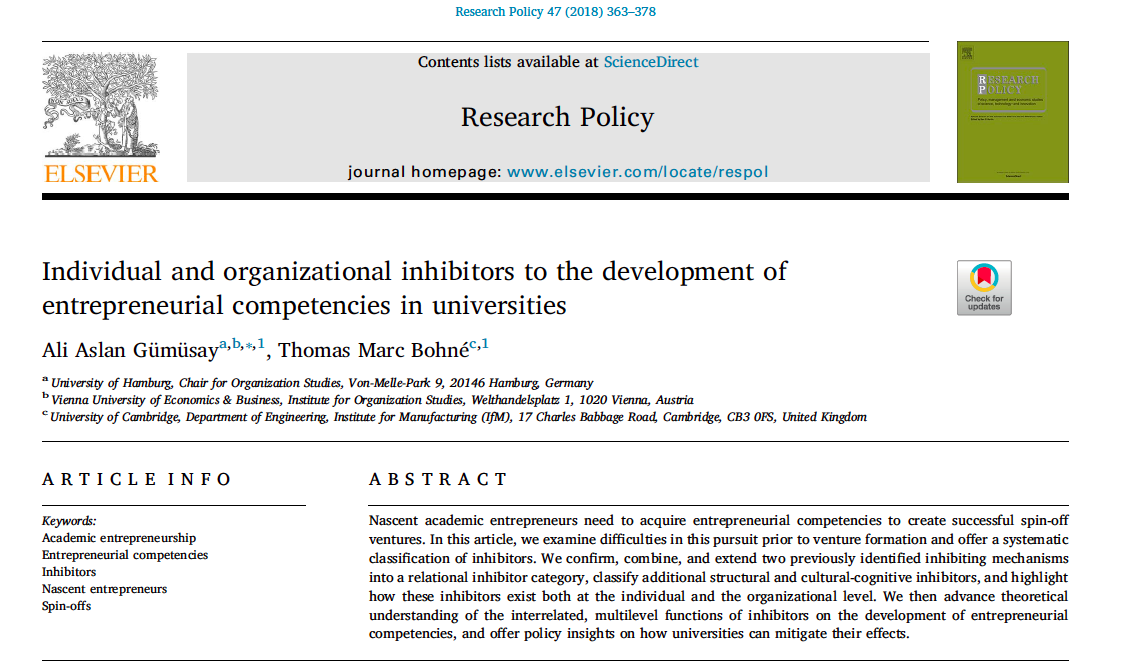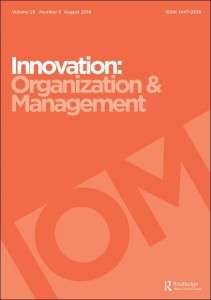Let me share a couple of links related to AI, entrepreneurship, and grand challenges – all in German:
- A book chapter on AI & Future of Work.
- Panel discussion on AI in the service for humans.
- Two podcasts on entrepreneurship, innovation & grand challenges here and here.
